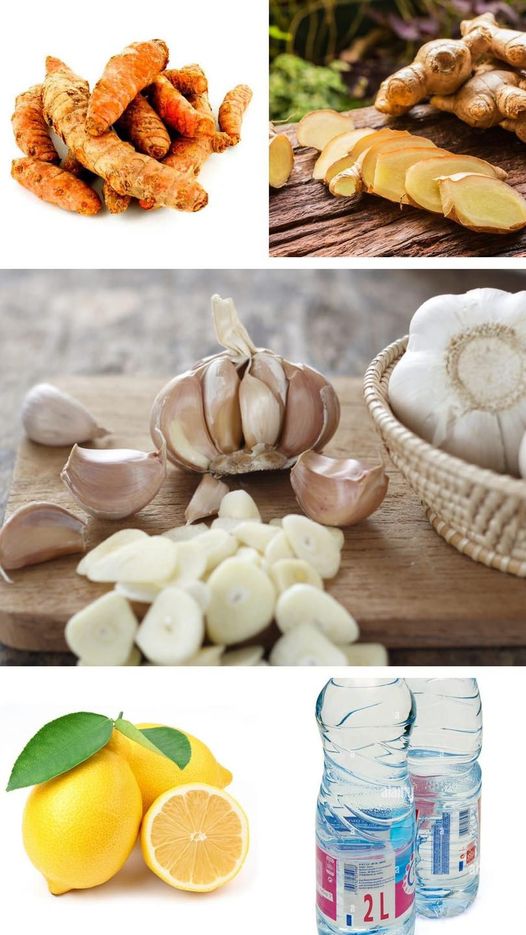Anti-Inflammatory Effects: The roots contain compounds with anti-inflammatory properties that may help alleviate symptoms of inflammatory conditions like arthritis.
Cancer Prevention: Some studies suggest that dandelion root extract may have potential anti-cancer properties, inhibiting the growth of cancer cells.
Culinary Uses of Dandelion Roots
Beyond their medicinal benefits, dandelion roots are a versatile culinary ingredient. Here are some ways they can be incorporated into your kitchen:
Roasted Dandelion Root Coffee: Roasted dandelion root can be ground and brewed into a coffee-like beverage that is caffeine-free and rich in flavor.
Dandelion Root Chips: Thinly sliced dandelion roots can be roasted or fried into crispy chips, offering a nutritious alternative to traditional potato chips.
Dandelion Root Soup: Dandelion roots can be used as a flavorful addition to soups and stews, adding a subtle earthy taste.
Dandelion Root Salad: Boiled or blanched dandelion roots make an excellent addition to salads, providing a unique texture and flavor.
Conclusion
While dandelions are often dismissed as mere weeds, their roots tell a different story. These unassuming underground structures are a source of numerous health benefits, a versatile culinary ingredient, and even a potential remedy for various ailments. As we reconsider our relationship with these tenacious plants, it becomes clear that dandelion roots are, indeed, the most important part of the plant, offering us a world of possibilities for improved well-being and culinary delight. So, the next time you encounter a dandelion in your yard, remember to appreciate the hidden treasure beneath the surface.
